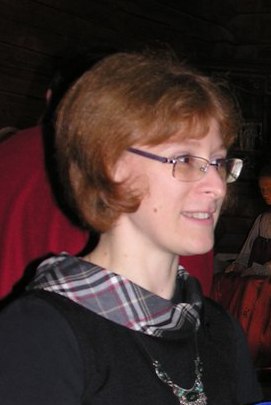The article deals with results of research on transmission of religious tradition in local community after the Second World War. The research is based on field materials collected by the author in ethnographic expeditions of 2007–2017 and archive materials. It examines the ways of transmission of religious norms and practices on the example of the population of the Pechersky District of the Pskovskaya Oblast situated outside the sphere of state atheistic ideology until 1940. First it’s interpersonal communication within family (seniors-juniors) and in church (priest-parishioners). Second it’s implicit influence of environment – acting churches of the Pskovo-Pechersky Monastery and sustainable reproduction of religious tradition by local population. The Soviet educational system implied predominance of social education over domestic one, but it couldn’t completely exclude children from the local ecclesiastical culture; they continued to participate in many religious practices even in conditions of absence of systematic religious education. The educational resources of the Pskovo-Pechersky Monastery started to develop immediately after the democratization of society in the 1980s. In the 20th – early 21st centuries monastery functioned as important actor of religion’s integration in local educational process both in form of optional catechism lessons and broader context of spiritual-ethical education.
Key words: religious education, Orthodoxy, religious practices, secular state, Pscovo-Pechersky Monastery, tradition
DOI: 10.22250/2072-8662.2019.1.59-66
About the author
 |
Olga V. Kalinina – researcher at the Department of North-West Russia and the Baltic Region; Russian museum of ethnography; 4/1 Inzhenernaya str., St-Petersburg, Russia, 191186; kalininaThis email address is being protected from spambots. You need JavaScript enabled to view it.
|






